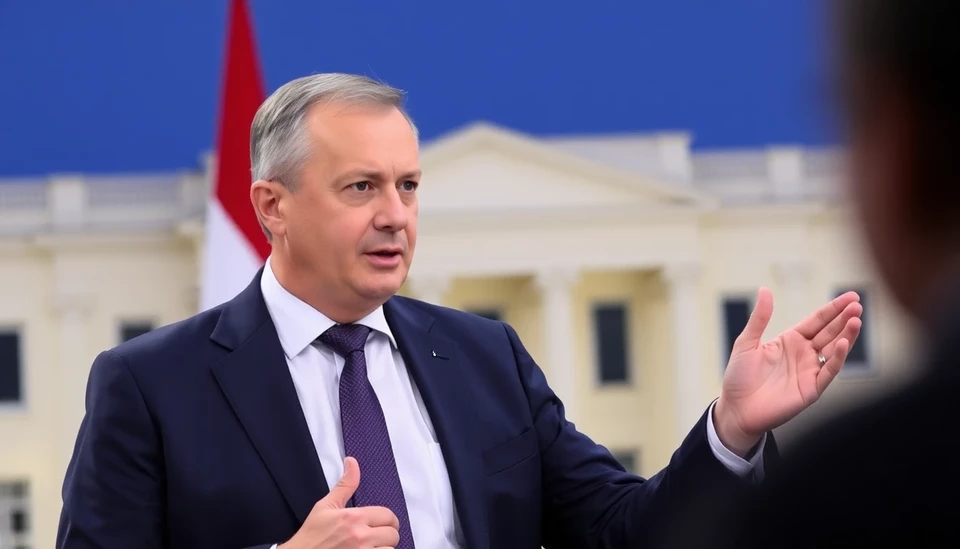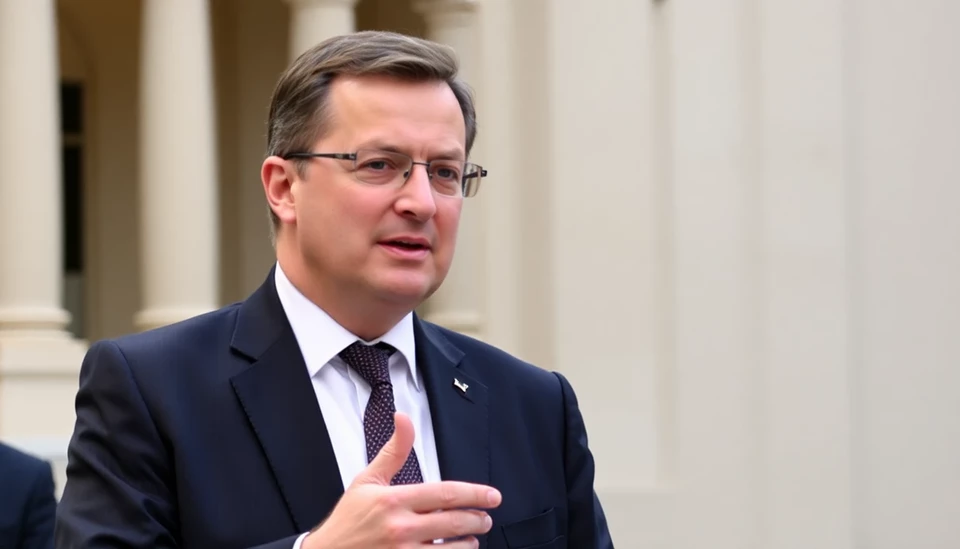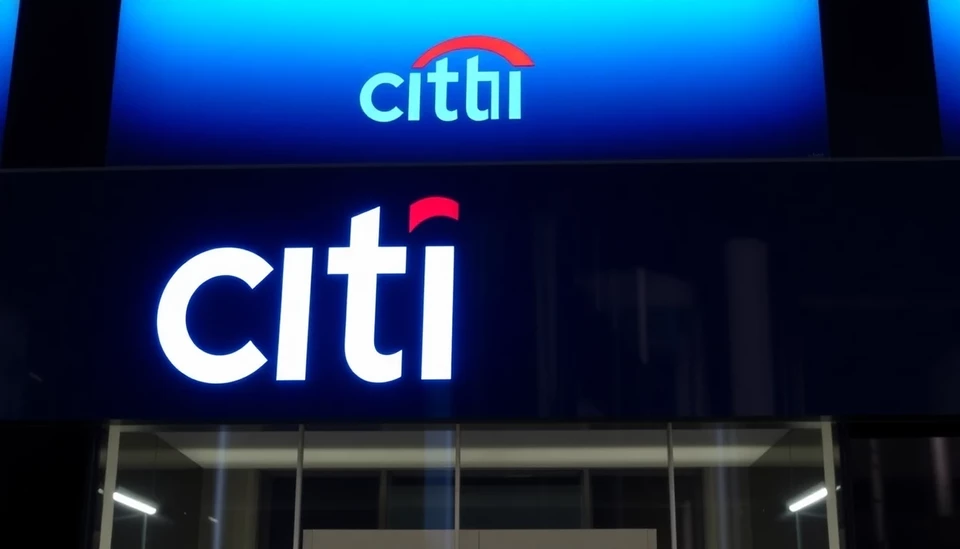
In a turbulent turn of events, Hungary's central bank has found itself in an increasingly precarious position that has brought significant attention to Prime Minister Viktor Orbán's management of the economy. As inflation continues to challenge the nation, concerns over the central bank's credibility and its policies have grown markedly.
The Hungarian National Bank (MNB) has been navigating a complex landscape, characterized by rising prices across various sectors, which have compounded pressure on consumers and the broader economy. In recent reports, it has become evident that inflation rates in Hungary have spiked, prompting the central bank to reassess its monetary policy strategies.
Governor György Matolcsy has been at the forefront of these discussions, tasked with devising methods to stabilize the economy while retaining lucidity in central bank communications. However, Matolcsy is facing criticism as some economists argue that the bank's measures have not been effective in quelling inflation levels, which remain stubbornly high compared to other European nations.
The challenges before the MNB are further complicated by a tense political climate. Orbán’s government, in power since 2010, has embraced an economic model that often emphasizes national sovereignty and state intervention. This parameter has led to increasing scrutiny regarding fiscal discipline and the broader implications of government policies on monetary stability.
Market analysts and international observers have expressed concerns regarding a potential loss of independence for the MNB, particularly in light of political pressure from Orbán’s administration. The interaction between fiscal policies and monetary policies is critical, and critics argue that the current approach could undermine the autonomy of the central bank, which is crucial for maintaining investor confidence and economic stability.
Despite the challenges ahead, there are discussions about potential reforms within the central bank that aim to align better with European Union guidelines while addressing national economic issues. Analysts posit that without significant adjustments, Hungary risks straying from its commitments within the EU framework, potentially leading to sanctions or loss of access to vital funding.
As the situation develops, the world's eyes are firmly set on Hungary. The decisions made by the MNB and Orbán's administration will be pivotal not just for the nation's economic trajectory but also for its standing within the European community. The coming weeks could prove crucial for the future stability of both Hungary's economy and its political landscape.
With the national economy at a crossroads, Hungary is facing an uphill battle to restore its central bank’s credibility, inflation control, and overall economic health under the scrutiny of both domestic and international observers.
In conclusion, the spotlight on the Hungarian central bank underscores the intricate relationship between political decisions and economic outcomes. As the country grapples with rising inflation and the challenges of maintaining a credible financial system, its future will largely depend on the effectiveness of measures implemented in response to these pressing issues.
#Hungary #CentralBank #ViktorOrban #Inflation #Economy #MonetaryPolicy #EuropeanUnion
Author: Laura Mitchell




